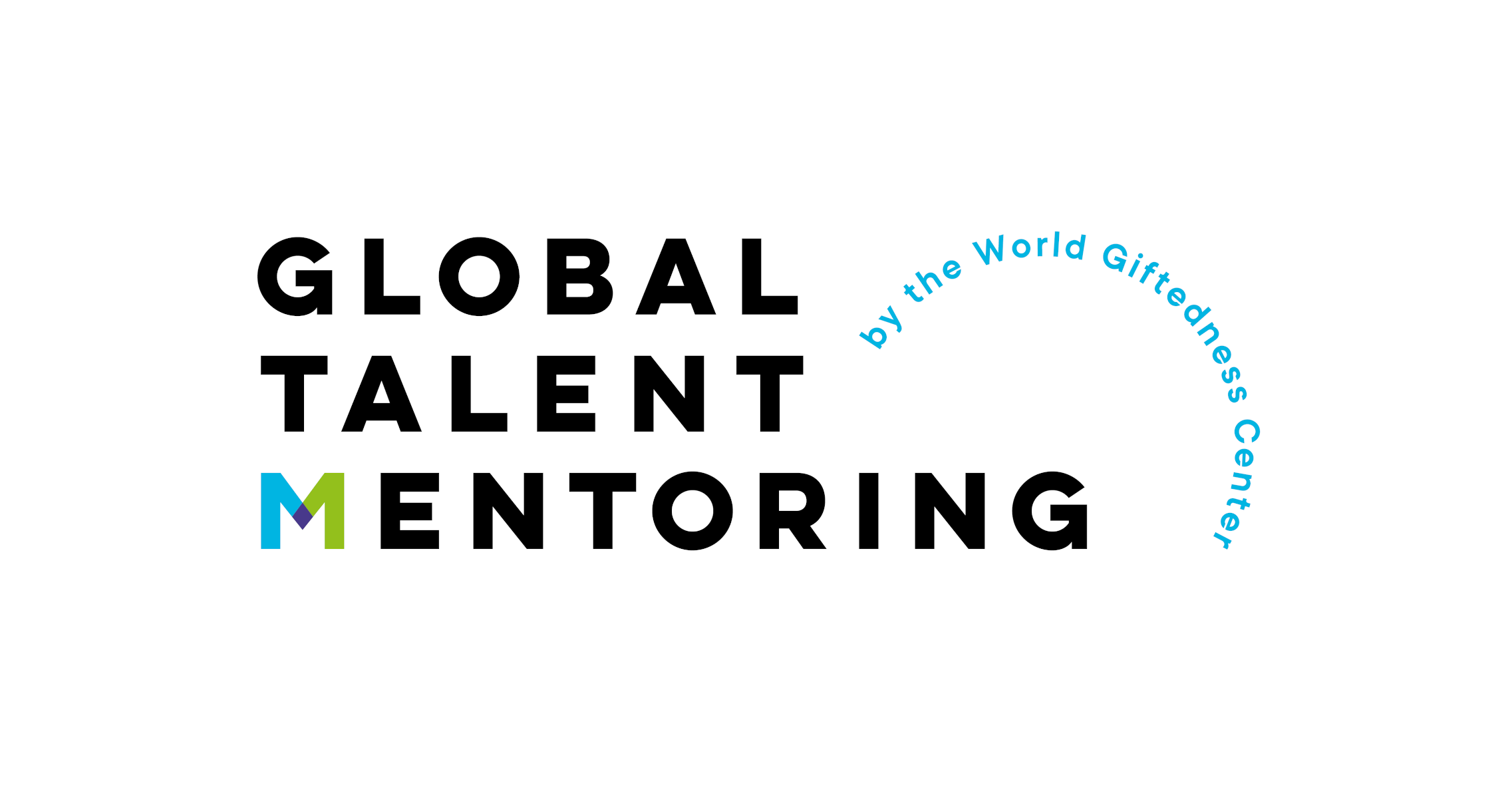EU Commissioner Gabriel calls on youth: We need you and your ideas!
During a special ZDI webinar, European Commissioner Mariya Gabriel discussed gender gaps in STEM and STEAM with Mr. Klaus Kaiser (state secretary) and Ms. Sabine Verheyen (chairwoman of the Culture and Education Committee of the European Parliament). Please find below a short meeting report. A full video report of the event as well as a summary video (German subtitles) are available through the ZDI website (link above).
Meeting report
EU Commissioner Gabriel calls on youth: We need you and your ideas!
Mariya Gabriel, EU Commissioner for Innovation, Research, Culture, Education and Youth, and Sabine Verheyen, Chairwoman of the Committee on Culture and Education in the EU Parliament, discussed how the European Union can support STEM initiatives. The stimulating exchange between two women who are enthusiastic about youth and education would like to extend the success story zdi has written in North Rhine-Westphalia together with the children and young people in Europe.
From STEM to STEAM: Creating links with arts, humanities and social sciences
Commissioner Gabriel speaks with passion about the opportunities that a solid STEM education brings. "We need you" - she appeals directly to young people in Europe. She has no doubt that STEM knowledge is needed to solve social challenges. And she even opens up new perspectives: We need to put STEM into contexts and treat the content less abstractly. It is important to show the connections between STEM and other fields of study and to break down traditional boundaries. STEM becomes STEAM- the "A" is supposed to stand for art, culture, humanities and social sciences.
Klaus Kaiser, Parliamentary State Secretary to the Minister of Culture and Science of the State of North Rhine-Westphalia also addresses this aspect in his forward-looking greeting right at the beginning of the online discussion organised by zdi.NRW and the Representation of the State of North Rhine-Westphalia to the EU. "We are increasingly dealing with interdisciplinary knowledge," says Kaiser. Accordingly, it is necessary to show how STEM knowledge affects all areas of life. Girls and young women in particular could be inspired to take up STEM issues if these were brought into larger, attractive social contexts and if it was made clear what benefits physics, mathematics, technology or computer science bring, for example, to the development of solutions for climate change.
Reduce the Gender Gap and promote the talents of women
Gabriel proves that the gender gap is also a problem across Europe: Only about 30 percent of graduates in STEM subjects are female. And with regard to the important information and communication technologies, it is even only 20 percent. If the number of STEM graduates should be increased, the gender gap must be narrowed. Sabine Verheyen is obviously also very concerned about this topic. To this day, society conveys role models and stereotypes that divide the world into typical male and female professions and abilities.
At this point it becomes clear that Gabriel and Verheyen are pioneers: Both see the great opportunities an improved inclusion of all talents and potentials will bring. And both are committed to offering young people room and opportunities to develop themselves.
Supporting the Green Deal: Can STEM save the world?
Nevertheless, all discussants with the vision of extracurricular STEM education know that there is more than the mere shortage of skilled workers. During the discussion, Gabriel in particular repeatedly picks up on topics such as sustainability, digitalisation and environmental protection. All these topics are part of the European "Green Deal", which aims to realise a sustainable economy and make Europe a climate-neutral continent by 2050.
With zdi, topics such as environmental protection, sustainability and resource conservation are placed at an early age and taken up again and again in higher grades. Sharing these experiences with others, exchanging knowledge and working together across Europe is also in the interest of the zdi community.







